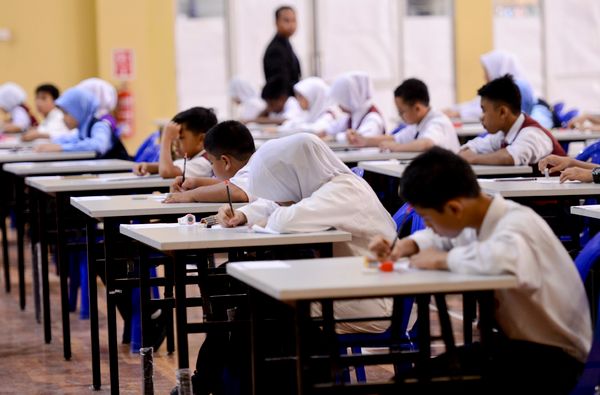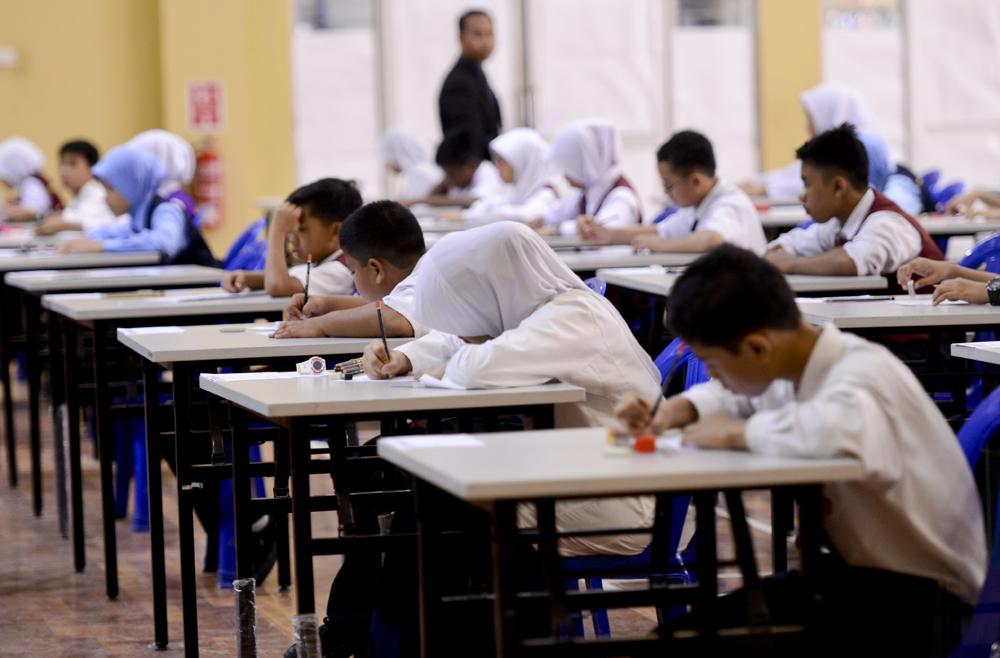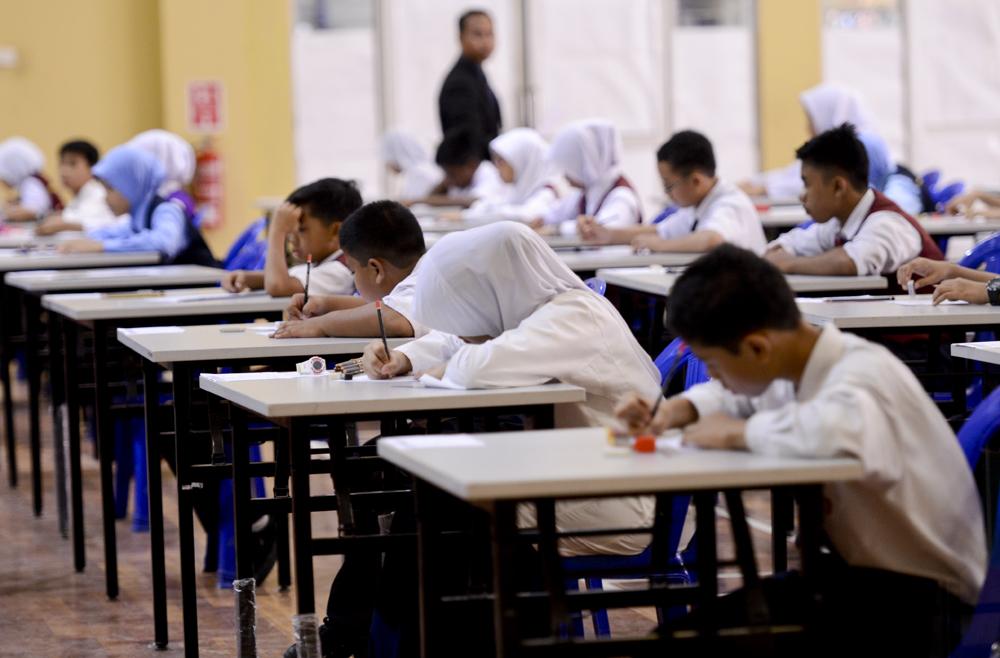SHAH ALAM, Nov 10 — The Primary School Assessment Test (UPSR), abolished five years ago, should be reinstated to prevent potential teacher bias and to ensure students master basic literacy and numeracy skills.
The National Parents and Teachers Associations Consultative Council's (PIBGN) chairman Assoc Prof Datuk Mohamad Ali Hassan said the national examination served as a fair benchmark to assess pupils’ mastery of the 3R skills: reading, writing, and arithmetic.
“If there is no UPSR, assessments are only held in classrooms within individual schools. I believe this opens room for favouritism and subjective judgment.
“There is no standardised assessment that accurately reflects uniform conditions for all. This makes it difficult to compare performance across schools, states, and institutions,” he told Media Selangor.
Ali added that his organisation hopes the government will reinstate a universal examination and assessment system for the sake of future generations.
“I do not think this sentiment comes only from us. Many parents, teacher associations, and educators have expressed the same concern: that the UPSR should be reinstated.
“I hope the government reviews this matter seriously and takes appropriate action. Do not treat this as an experiment — do not wait until the current system runs its course before introducing a better one,” he said.
The UPSR was officially abolished in 2021, and the Form Three Assessment (PT3) was also discontinued later that year.
Then senior education minister Datuk Radzi Jidin said the move came after extensive engagement with stakeholders, following the suspension of the examinations in 2020 due to the Covid-19 pandemic.
Following the UPSR’s abolition, school-based assessments and the Special School Admission Assessment (PKSK) were strengthened for pupils seeking entry into fully residential schools and special institutions.
Recently, former education minister Maszlee Malik suggested that a reintroduced UPSR could be integrated with big data, learning analytics, and artificial intelligence (AI) to evaluate students’ potential beyond academic achievement.
Supporting this view, former education minister Datuk Seri Mahdzir Khalid said a national-level assessment should be reinstated to help shape students’ overall character and development.
Meanwhile, noted education figure Tan Sri Alimuddin Mohd Dom agreed that examinations remain necessary to identify students’ weaknesses and determine appropriate interventions for improvement.







